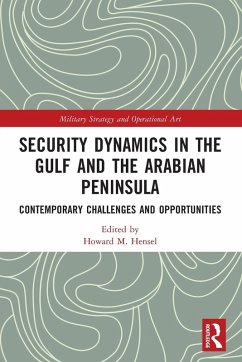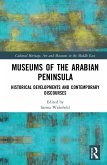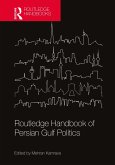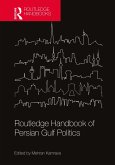This book focuses on security dynamics in the contemporary Gulf and Arabian Peninsula. It highlights the development of the Gulf and the Arabian Peninsula, the contemporary challenges and opportunities confronting the principal powers that are active in this important sub-region, and analyzes and evaluates their policy responses. The various perspectives of the chapters all suggest that the stability and security of the Gulf sub-region is now and will continue in the future to be of vital importance to the global community. The chapters that compose the volume are organized into three thematic sections. Part I, 'Security Challenges and Power Configurations in the Gulf and the Arabian Peninsula: The Historical Context', comprises three chapters. Part II, consisting of seven chapters, is entitled, 'Contemporary Security Challenges and Opportunities in the Gulf and the Arabian Peninsula.' Part III, 'Contemporary National Interests, Objectives, and Strategies of the Major Powers in the Gulf and the Arabian Peninsula', comprises five chapters. Finally, the volume ends with a concluding chapter.
Unfortunately, the contemporary unstable, heterogeneous Gulf sub-region is fraught with extremely serious and often urgent challenges that threaten the sub-region's security. This volume helps to illuminate the nature of the sub-regional environment and the contemporary challenges and opportunities that confront the various powers that are active in the Gulf. It also contributes to a greater understanding of the interests, contemporary objectives, and strategies of those powers as they formulate and implement policies in response to the challenges and opportunities that they confront.
This book will be of much interest to students of security studies, Middle Eastern politics and International Relations.
Unfortunately, the contemporary unstable, heterogeneous Gulf sub-region is fraught with extremely serious and often urgent challenges that threaten the sub-region's security. This volume helps to illuminate the nature of the sub-regional environment and the contemporary challenges and opportunities that confront the various powers that are active in the Gulf. It also contributes to a greater understanding of the interests, contemporary objectives, and strategies of those powers as they formulate and implement policies in response to the challenges and opportunities that they confront.
This book will be of much interest to students of security studies, Middle Eastern politics and International Relations.








